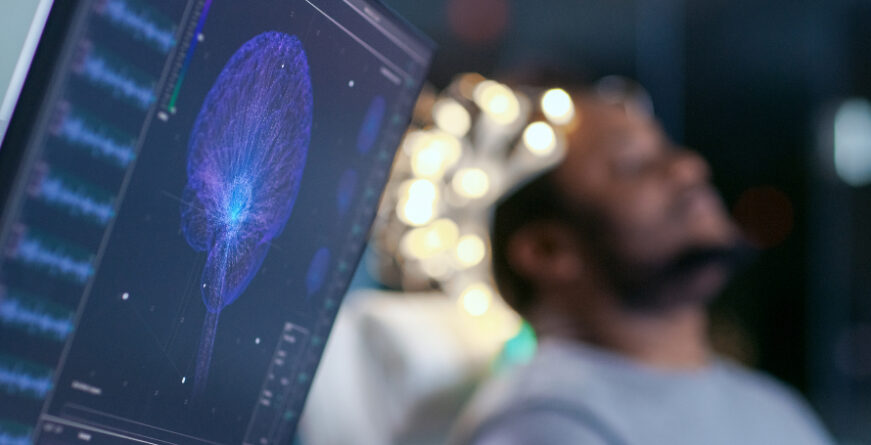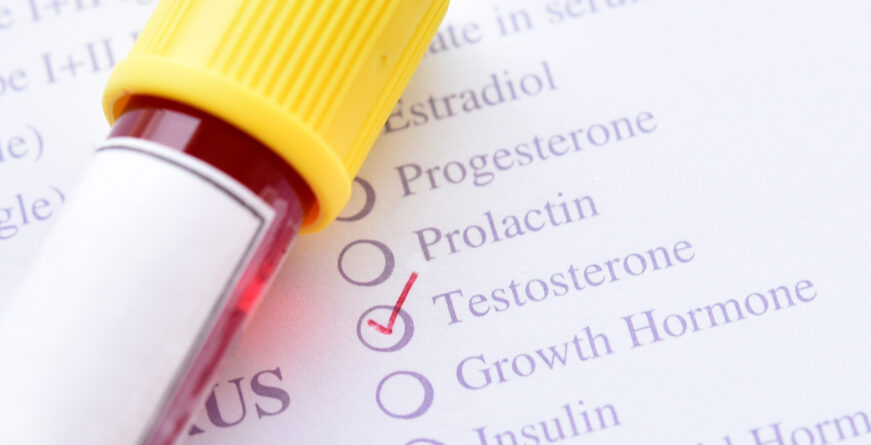Testosterone levels in your body are controlled by a complex system that includes your brain, testes, and several different hormones. The hypothalamus, which is located in the brain, secretes hormones that pulse throughout the day. The release of these hormones is controlled by a negative feedback loop. When adequate levels of hormones are reached, a signal is sent to the brain to slow down production.
Continue Reading




